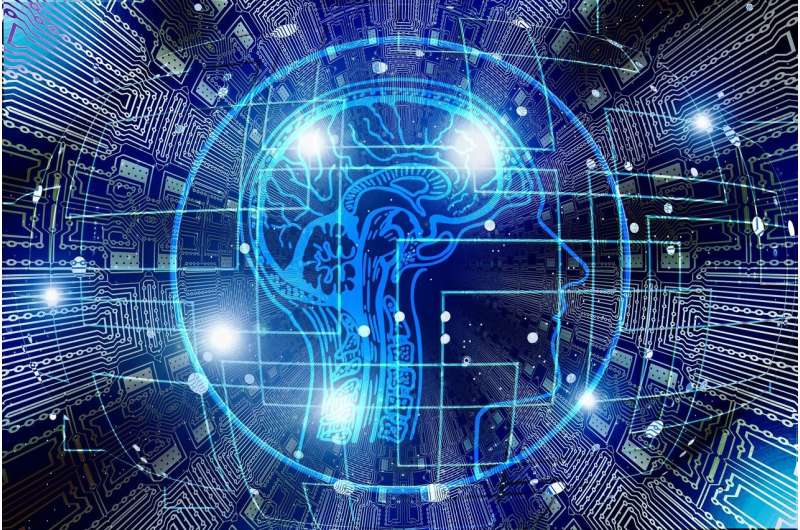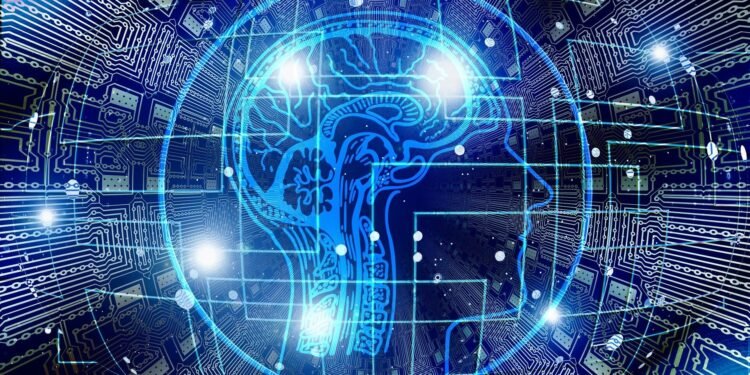
An interdisciplinary review of how generative artificial intelligence (AI) may change work, education, health care, information, and misinformation focuses on the technology’s potential impacts on social equality.
Valerio Capraro and colleagues find that in each domain, generative AI has potential to both ameliorate and worsen inequality. The findings are published in the journal PNAS Nexus.
At work, the technology could boost productivity and create new jobs, but its benefits are likely to be unequally distributed. In education, generative AI could offer personalized learning, but could also worsen the digital divide.
In health care, the technology could help doctors diagnose illness early, but only for those at clinics and hospitals that can afford diagnostic AI tools. In the information domain, generative AI can democratize the ability to create content, especially for non-native speakers, and can make information more accessible for individuals with disabilities—but can also aid those who seek to create and disseminate misinformation.
According to the authors, policymakers ultimately bear the responsibility of ensuring that generative AI is used to increase equality rather than worsen the already significant socioeconomic inequalities that beset society.
Existing policies are not yet up to this task. The authors recommend specific policies including tax code changes, data unions, research funding for human-complementary AI technologies, AI training for workers, anti-misinformation campaigns, and dedicated AI expertise within governments.
According to the authors, the decisions we make today about how to use and regulate AI will have lasting impacts on generations to come.
More information:
Valerio Capraro et al, The impact of generative artificial intelligence on socioeconomic inequalities and policy making, PNAS Nexus (2024). DOI: 10.1093/pnasnexus/pgae191
Provided by
PNAS Nexus
Citation:
Exploring the impact of AI on socioeconomic inequalities (2024, June 12)
retrieved 12 June 2024
from https://techxplore.com/news/2024-06-exploring-impact-ai-socioeconomic-inequalities.html
This document is subject to copyright. Apart from any fair dealing for the purpose of private study or research, no
part may be reproduced without the written permission. The content is provided for information purposes only.










